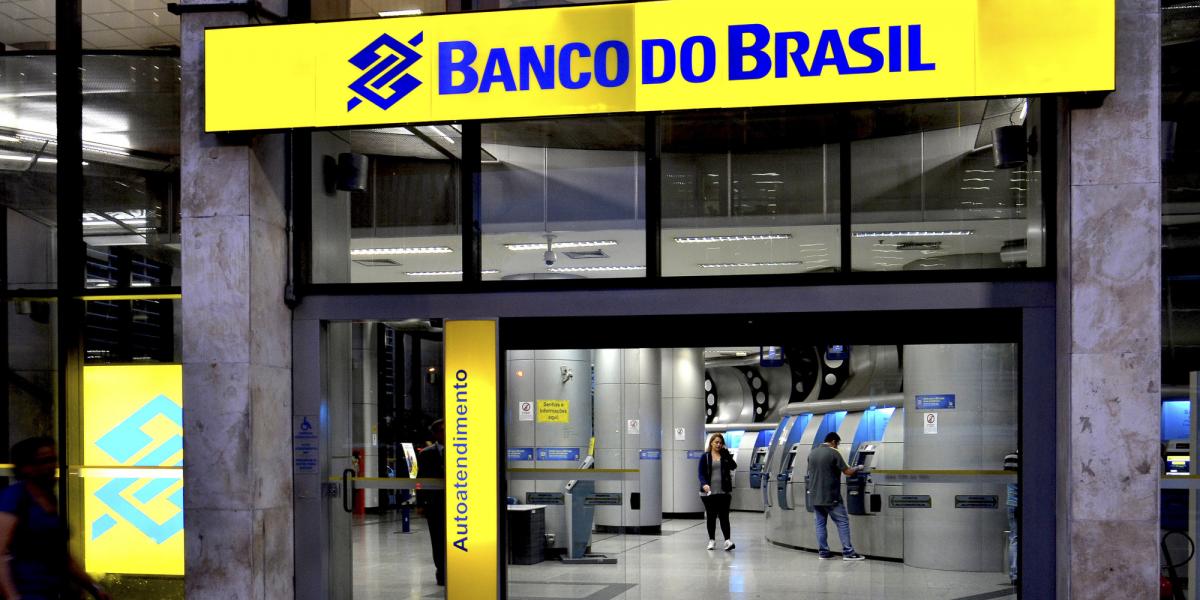Brazil’s oldest bank has launched payment systems for taxpayers to use cryptocurrency for annual filings, reports found this week.
The Banco do Brasil said in an 11 February statement that it was “possible” for taxpayers to pay their bills with cryptocurrencies. Bitfy, a Brazilian crypto platform, has worked jointly with the bank to facilitate the programme as its collection partner.
The bank added that using cryptocurrencies could provide customers convenience and “expand” digital asset ecosystems nationally. It could also offer the stability of Banco do Brasil’s strong reputation and consumer protections.
Bitfy founder and chief executive Lucas Schoch said in a statement: “Now that we have sealed this strategic partnership, Bitfy and Banco do Brasil, we will drive the adoption of the new DeFi economy, developing the necessary infrastructure to increase autonomy and democratize the use and access to the digital asset ecosystem throughout Brazil.”
He added that the “new digital economy is a catalyst for a future full of advantages.”
How Does it Work?
Bitfy’s statement continued that people using cryptocurrencies to pay taxes could use the streamlined process complete with tax data and amount of reals, the nation’s fiat currency. The new platform would convert the amount owed to cryptocurrency to pay the fee.
Users can scan barcodes to pay the tax bill, similar to a “boleto,” or ticket payment. Brazilian municipalities such as Rio de Janeiro have already rolled out similar programmes in October last year.
Former president Jair Bolsonaro passed regulatory frameworks to legalise cryptocurrencies as national payment, with the law set to pass later in June.
Additional companies have begun exploring cryptocurrency integrations across their respective economies. Nations and blocs such as El Salvador, China, Fiji, Tonga, and others have begun trialling cryptocurrencies as accepted forms of payment.
The European Union, the United Kingdom, the United States, Montenegro, Japan, and many nations have begun outlining plans to unveil central bank digital currencies.




